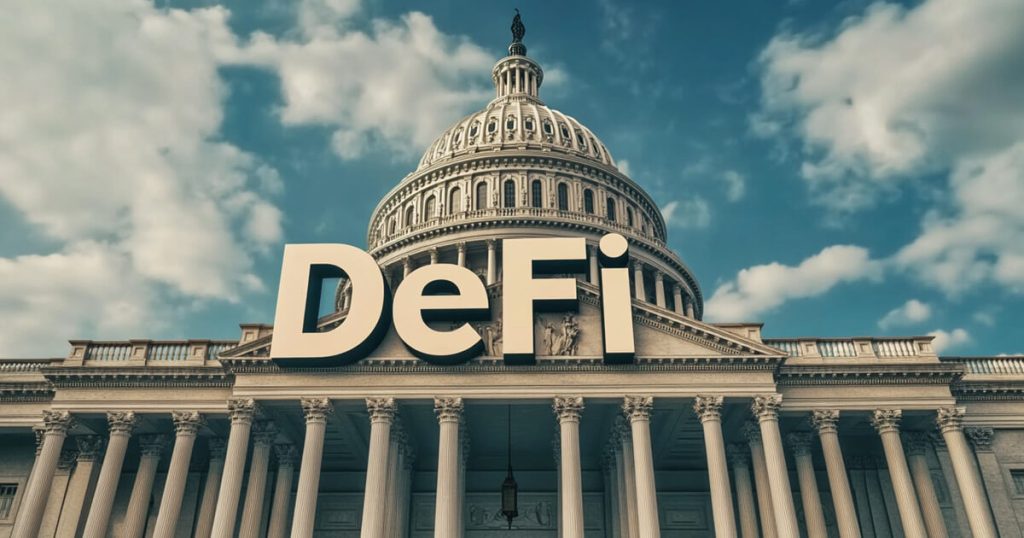US Senate Moves to Nullify IRS Broker Reporting Rule for DeFi Operators
The US Senate is set to vote on March 27 to overturn the Internal Revenue Service’s (IRS) controversial broker reporting rule that impacts decentralized finance (DeFi) operators. This pivotal decision follows a bipartisan resolution passed by a considerable majority on March 4, where 292 lawmakers supported the move to nullify the IRS rule, while only 132 opposed it. If the Senate successfully votes to repeal the rule, it could reach President Donald Trump’s desk as early as March 28 for final approval, a significant development in the ongoing discussion surrounding cryptocurrency regulation in the United States.
The broker reporting rule, implemented by the IRS in December 2023, sought to redefine the term "broker" to encompass digital asset platforms, including DeFi front-end interfaces. Under these new regulations, entities categorized as brokers are obliged to implement Know Your Customer (KYC) policies, closely monitor user activity, and report transaction data to the IRS. This expansion of oversight was framed as part of the prior administration’s broader strategy to close tax gaps in the cryptocurrency space and enhance taxpayer compliance regarding blockchain-based financial activities.
However, the IRS rule has met with significant resistance from the crypto community. Many developers and advocates within the DeFi sector contend that the rule imposes unreasonable compliance burdens that are not feasible given the nature of decentralized finance. The backlash against the rule was exemplified by a joint lawsuit filed in December by prominent industry groups, including the Blockchain Association, the DeFi Education Fund, and the Texas Blockchain Council. These organizations argued that the expanded definition of brokers could severely hinder the growth of the US digital asset sector, amid concerns that the regulations overreach the Treasury’s statutory authority.
Marisa Coppel, the Blockchain Association’s head of legal, criticized the IRS ruling during the lawsuit, emphasizing that providers of DeFi trading interfaces do not influence transactions directly. Critics argue that because DeFi protocols lack a centralized entity or custodial control over user assets, the notion of applying broker-level reporting requirements to these platforms is fundamentally flawed and unworkable. This misalignment raises questions about the practicality and effectiveness of such regulatory measures within the rapidly evolving DeFi landscape.
Should President Trump sign the resolution nullifying the IRS rule, it will mark a significant shift in regulatory approach for the cryptocurrency industry. The formal repeal of the broker reporting requirements would disengage the expanded definition of brokers from IRS enforcement policies. This could foster a more favorable regulatory environment for DeFi projects, offering innovators the freedom to develop solutions without the burden of stringent compliance measures that may not align with the decentralized ethos of their operations.
Ultimately, the development underscores a crucial moment for the future of cryptocurrency regulation in the United States. The Senate’s decisive action reflects a growing consensus that regulatory frameworks must adapt to the unique characteristics of digital assets rather than imposing traditional financial regulations. As the vote approaches, stakeholders are keenly watching how this decision may reshuffle the regulatory landscape and what it signifies for the broader adoption and acceptance of cryptocurrency and DeFi within the US financial system.


